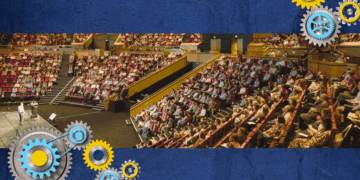Santavas and Commissioner of Taxation (Taxation) [2025] ARTA 2515
This decision of the Administrative Review Tribunal set aside the Taxation Commissioner’s decision and thereby remitted all penalties in favour of the taxpayers (the applicants, a couple) but otherwise affirmed the Commissioner’s decisions to assess the applicants’ taxable income for illegal early withdrawal of their superannuation. The Decision has a useful list of cases and analysis in relation to superannuation taxpayer penalties and the application...
Read moreDetails












